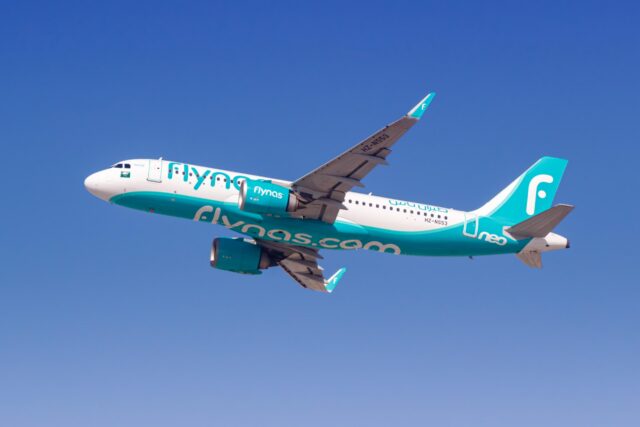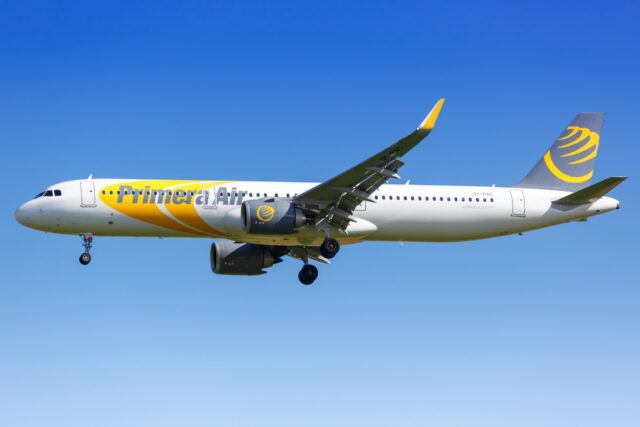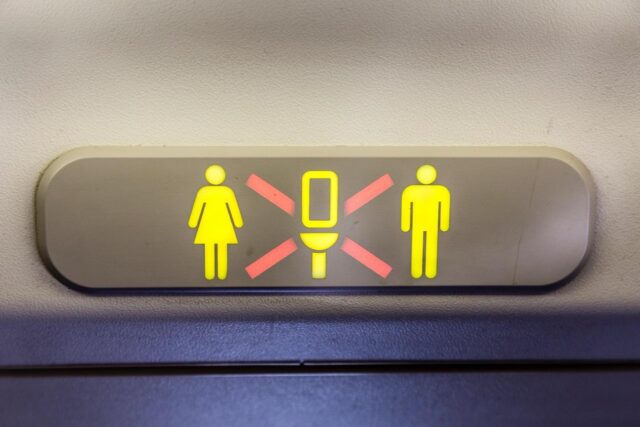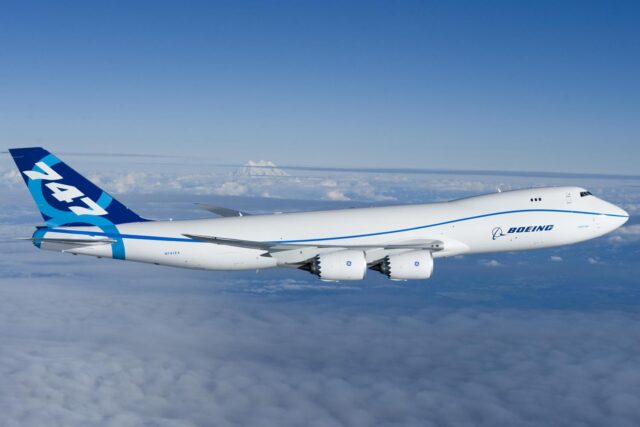
The International Air Transport Association (IATA) has sharply criticised a decision by Dutch regulators to approve significant increases in airport charges at Amsterdam Schiphol Airport.
It warns that the move could undermine the airport’s role as a vital international hub.
The Netherlands Authority for Consumers and Markets (ACM) dismissed complaints from airlines, giving Schiphol the green light to raise its airport charges over the next three years.
How much will Amsterdam Schiphol’s charges rise by?
Schiphol will proceed with a planned 37% increase in fees, starting with a 41% hike in 2025.
Charges will rise by a further 5% in 2026 before falling by 7.5% in 2027.
The increase is aimed at funding key investments in airport infrastructure, service quality, and sustainability.
“We appreciate the thorough review carried out by ACM and welcome confirmation that the new charges are reasonable,” says Schiphol’s CFO, Robert Carsouw. “We will use the scope this provides to improve the airport in all areas.”

However, industry body IATA describes the ACM decision to be ‘disappointing,’ noting that, by 2027, charges will have doubled compared to 2019.
“Schiphol is set to double its charges in just 8 years, while its services decline, and its capital spending fails to bring in much-needed improvements,” says Rafael Schvartzman, IATA’s Regional Vice President for Europe. “Along with the uncertainty over the airport’s future capacity, this can only further damage the viability of Schiphol as a hub airport and the wider economy of the Netherlands.”
The airline body has long argued that such steep increases in airport charges place undue pressure on airlines and travellers.
Schiphol will be one of the most expensive airports in Europe
Amsterdam Schiphol is the main international gateway to the Netherlands and an important European hub for connecting travel.
Aviation contributes to more than 400,000 jobs and accounts for 3.6 per cent of Dutch GDP. IATA says safeguarding the airport’s affordability is vital to keeping the country economically connected to the rest of the world.
Flag carrier KLM previously responded to the proposed price hikes, pointing out that Schiphol will become the second most expensive airport in Europe. It notes that other European gateways such as Paris-Charles de Gaulle and Copenhagen are significantly cheaper for airlines to serve, and will become more competitive in the coming years.
“More expensive tickets are inevitable if you increase airport charges so drastically,” says Marjan Rintel, CEO at KLM. “This poses risks for the hub function, the connectivity of the Netherlands, and our economy.”
















